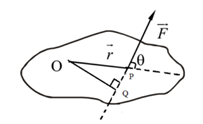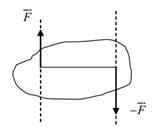Science > Biology > Genetic Basis of Inheritance > Mendel’s Dihybrid Cross Experiment In this article, we shall study Mendel’s dihybrid cross experiment and its conclusions. The first scientific explanation of inheritance was given by Mendel in 1866. He performed a series of experiments on garden pea in a scientific manner and proposed rules. which are […]
Categories
Mendel’s Dihybrid Cross Experiment
- Post author By Hemant More
- Post date March 12, 2020
- No Comments on Mendel’s Dihybrid Cross Experiment
- Tags Alleles, Allelomorphs, Back cross, Biology, Biotechnology, Blending dominance, Blood groups in human beings, Botany, Character, Checker board, Clones, Codominance, Complementary genes, Complete dominance, Cross hybrid ratio, Dihybrid, Dihybrid cross, Dominant allele, Dominant trait, Emasculation, F1 Generation, F2 Generation, Factor, Gene, Gene interactions, Genetics, Genome, Genotype, Heredity, Heterologous chromosomes, Heterozygous, Homologous chromosomes, Homozygous, Human skin colour, Hybrid, Hybridization, Incomplete dominance, Inheritance, Interallelic interactions, Intergenic interactions, Intragenic interactions, Lethal genes, Marfan, Mendel, Mendel's dihybrid cross experiment, Mendel's monohybrid cross experiment, Mendel’s laws, Mendelism, Monohybrid, Monohybrid cross, Monohybrid ratio, Morphan's syndrome, Multiple alleles, Nonallelic interactions, Offspring, Partial dominance, Phenotype, Phenylketonuria, PKU, Pleiotropy, Poly-hybrid cross, Polygenic inheritance, Punnett square, Pure line, Qualitative inheritance, Quantitative inheritance, Recessive allele, Recessive trait, Reciprocal cross, Self-breeding, Sickle cell anaemia, Test cross, Theory of blending, Theory of epigenesis, Theory of Pangenesis, Theory of Preformation, Trait, Variations, Wheat kernel colour, Zoology



